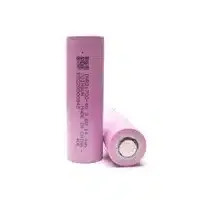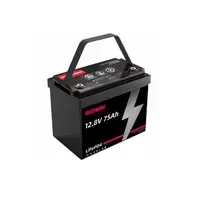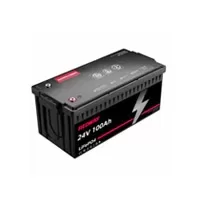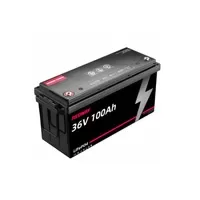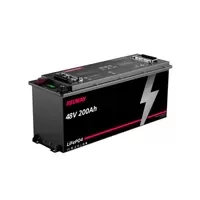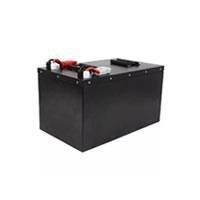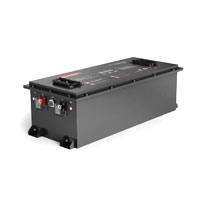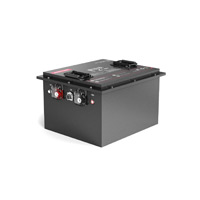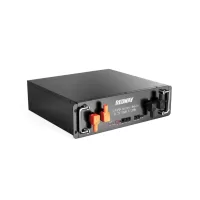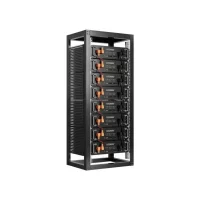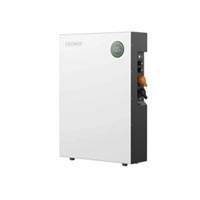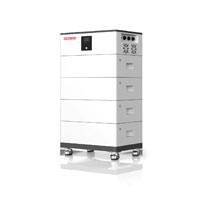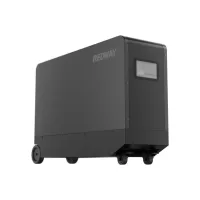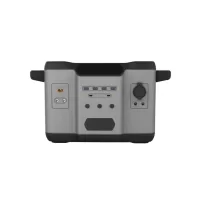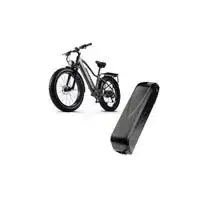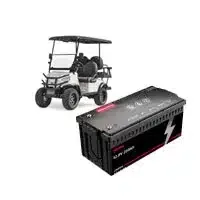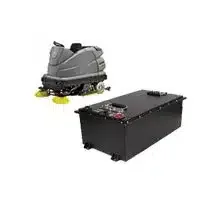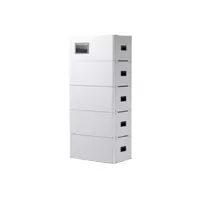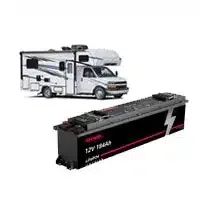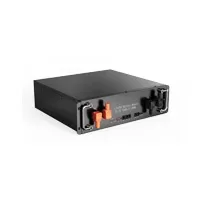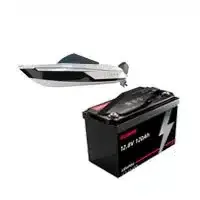(Click to Get a Quick Quote!)
In the realm of golf cart batteries, LiFePO4 (Lithium Iron Phosphate) batteries have emerged as a superior option with a longer lifespan compared to traditional lead-acid batteries. This comparison outlines key reasons for LiFePO4 batteries’ enhanced longevity and overall advantages in golf cart applications. (Check: Buy LiFePO4 Golf Cart Batteries from China Manufacturer)

LiFePO4 batter than Lead-Acid Golf Cart Batteries

Cycle Life
LiFePO4 batteries boast a higher cycle life, enduring thousands of charge-discharge cycles without significant degradation. In contrast, lead-acid batteries have a lower cycle life, making LiFePO4 more enduring over time.
Depth of Discharge
LiFePO4 batteries allow for deeper discharge without damaging the battery, optimizing usage of the battery’s capacity without compromising its longevity. This flexibility is absent in lead-acid batteries.
Self-Discharge Rate
LiFePO4 batteries exhibit a lower self-discharge rate, ensuring they retain their charge for extended periods. This characteristic is advantageous for intermittent-use applications such as golf carts.
Maintenance and Downtime
LiFePO4 batteries demand minimal maintenance compared to lead-acid batteries, which often require regular watering, equalization charging, and specific upkeep to extend their life.
Weight and Size
LiFePO4 batteries are lighter and more compact for equivalent energy capacity compared to lead-acid batteries. This reduction in weight contributes to enhanced performance and longevity in golf cart applications.
Temperature Sensitivity
LiFePO4 batteries display greater stability across varying temperatures, unlike lead-acid batteries that can experience significant performance and lifespan effects in extreme temperature conditions.
Lead-Acid better than LiFePO4 Golf Cart Batteries (special conditions)
LiFePO4 (Lithium Iron Phosphate) batteries do indeed offer several advantages over traditional lead-acid batteries, including better energy density, longer cycle life, faster charging, and lower weight. However, there are still some scenarios or conditions where lead-acid golf cart batteries might be preferred:
Cost Considerations
Lead-acid batteries are typically more cost-effective in terms of the initial purchase cost compared to LiFePO4 batteries. For organizations or individuals on a tight budget, lead-acid batteries may be a more economical choice.
Operational Environment
In extremely cold or hot climates, lead-acid batteries can sometimes perform better than LiFePO4 batteries. LiFePO4 batteries may experience reduced performance and efficiency in extreme temperatures.
Simplicity and Familiarity
Some users may prefer to stick with lead-acid batteries due to familiarity with the technology and existing charging systems. Switching to LiFePO4 batteries might require additional knowledge and adaptations to charging systems.
Maintenance and Serviceability
Lead-acid batteries are easier to maintain and service, and the charging systems are simpler and more widely available. For users who prioritize easy maintenance and servicing, lead-acid batteries might be a preferred choice.
Infrastructure Availability
In remote or less developed areas where the infrastructure for lithium battery maintenance, repair, or replacement is limited, lead-acid batteries might be more practical due to easier availability and serviceability.
Compatibility
Some golf carts or other electric vehicles are specifically designed or configured to use lead-acid batteries. Converting the vehicle and charging system to accommodate LiFePO4 batteries may require substantial modifications.
Disposal and Environmental Concerns
In some regions or countries, there might be easier and more environmentally responsible ways to dispose of lead-acid batteries compared to lithium batteries, which could influence the choice of battery type.
It’s important to assess the specific needs, budget, and operational requirements of the golf cart or electric vehicle and weigh them against the advantages and disadvantages of both lead-acid and LiFePO4 batteries before making a decision. Additionally, technological advancements and evolving market dynamics may continue to impact the preference for one type of battery over another.
Which to Choose? LiFePO4 or Lead-Acid
Although LiFePO4 batteries typically entail a higher initial cost, their extended lifespan and superior performance make them a cost-effective choice in the long run. Golf carts and similar applications benefit from LiFePO4 batteries’ advantages, including a longer cycle life, deeper discharge capabilities, lower maintenance needs, lighter weight, and heightened temperature resilience. As technology advances and costs decrease, LiFePO4 batteries continue to establish themselves as the premier choice for efficient and enduring power solutions in the golf cart industry.
(Check: Buy LiFePO4 Golf Cart Batteries at Wholesale Prices)
Related Posts
- Why 48 Volt Lithium Golf Cart Batteries are a Game-Changer
- Upgrade Your Ride: 36 Volt Lithium Battery for Golf Cart
- Top Picks: Best 48V Lithium Golf Cart Battery
- Top 5 Golf Cart Lithium Battery Buying Tips
- Top 10 Solid State Battery Companies 2023
- Streamlining Your Golf Cart: Upgrading to Lithium Batteries

